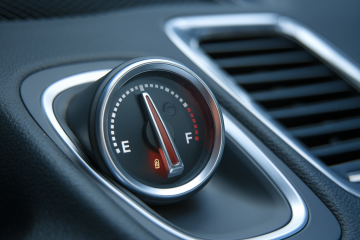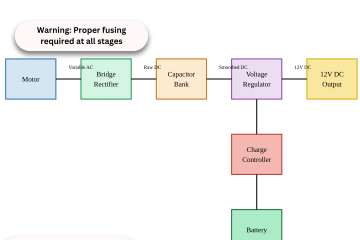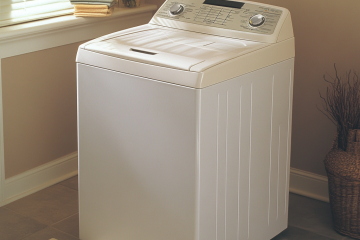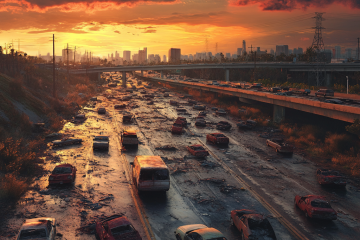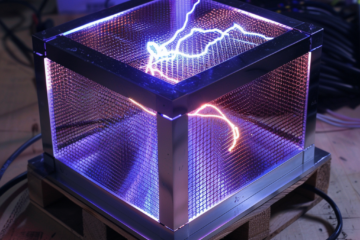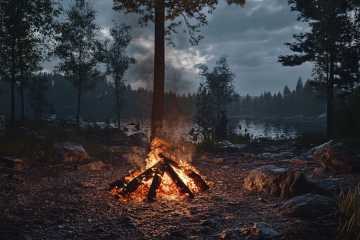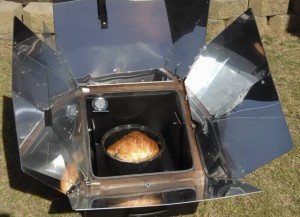Fuel Your Safety: How to Keep Your Car and Gas Supply Crisis-Ready
Let’s set the stage: It’s a regular Tuesday. You’re cruising along in your car, the fuel gauge flirting dangerously close to the big E. But hey, you’ve been there before. You’ll just swing by the gas station on your way home. No biggie, right? Now fast forward to a crisis. Read more…
